A study explores how the behavior of electrons changes on the mesoscale under magnetic fields and rotation.
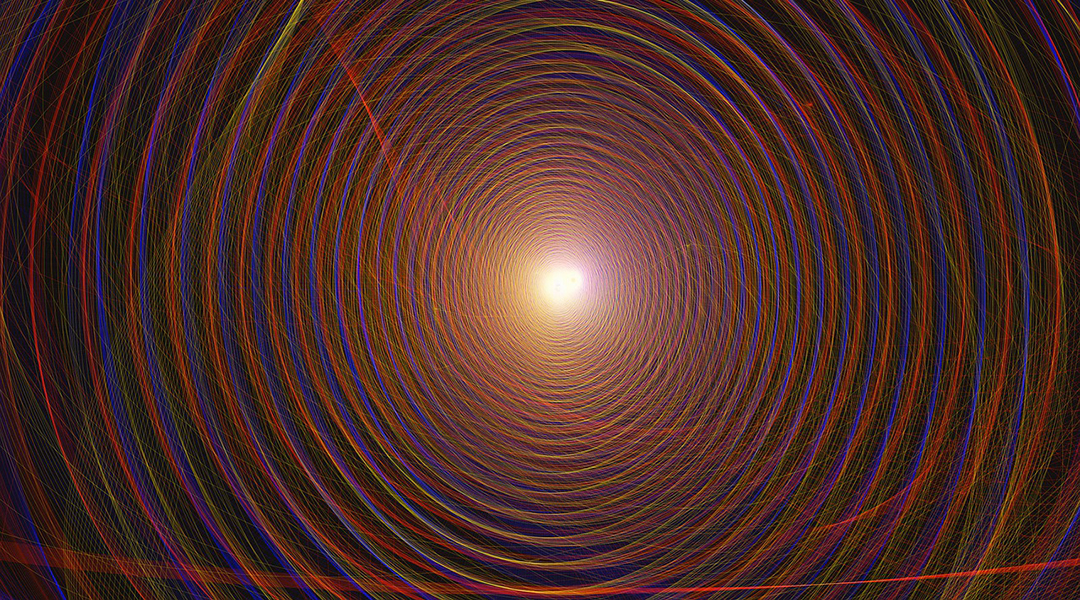

A study explores how the behavior of electrons changes on the mesoscale under magnetic fields and rotation.

Comparing simulated X-ray emissions from galaxy clusters to real observations provides support for the Standard Model of Cosmology.
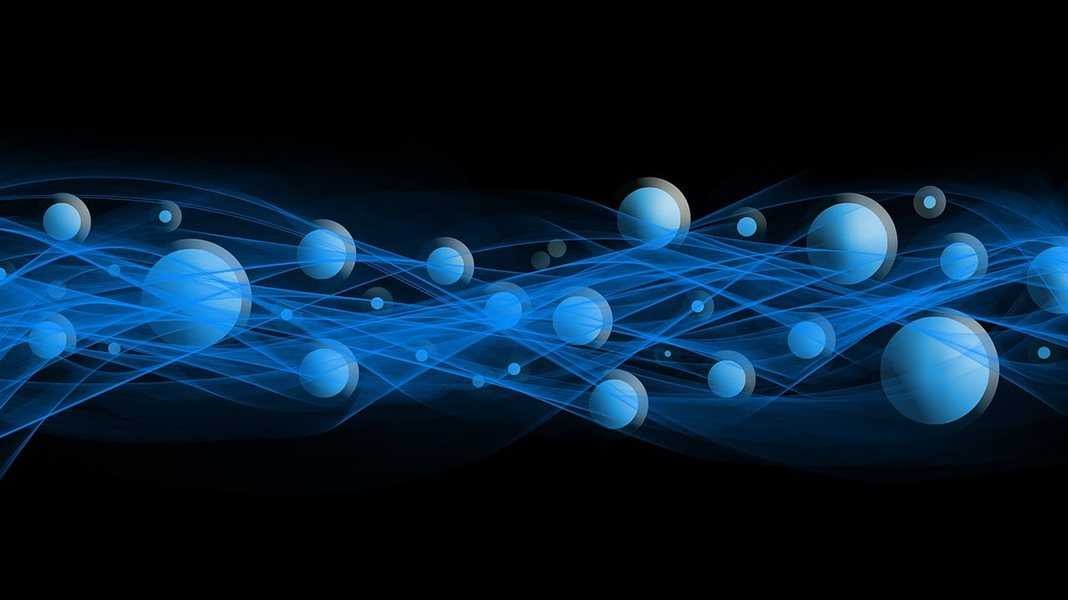
Scientists have been unable to observe phasons with mass, but a team of physicists have finally managed it.
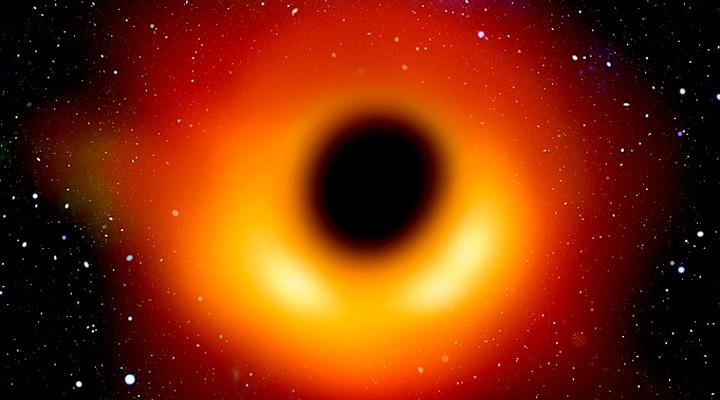
Finding the Universe’s first black holes with the help of Hawking radiation.
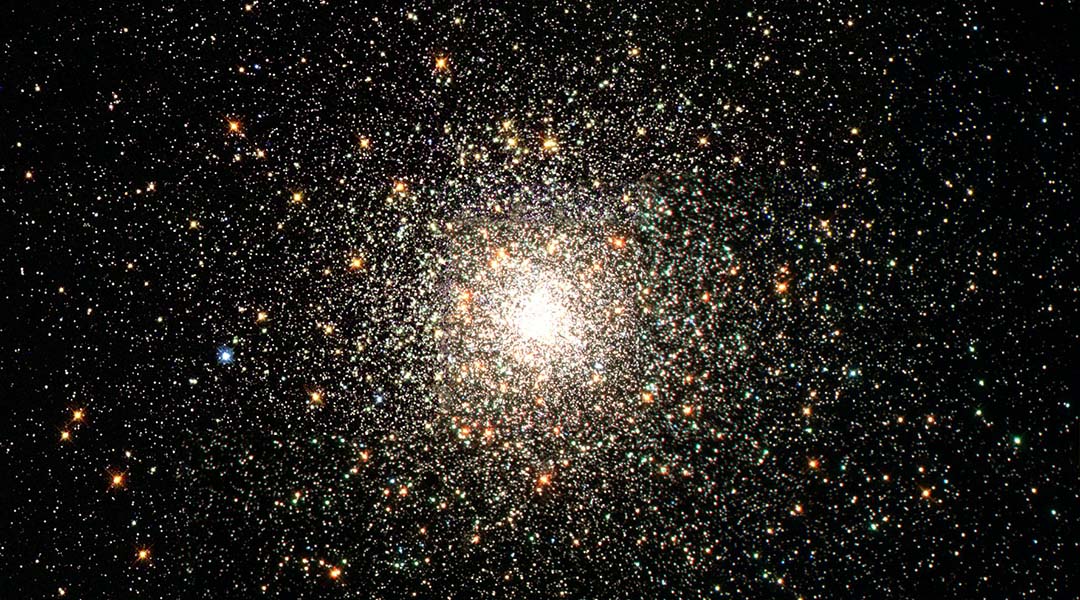
A new study evaluates gravity using string theory, a promising candidate for describing particle interactions at their most fundamental level.
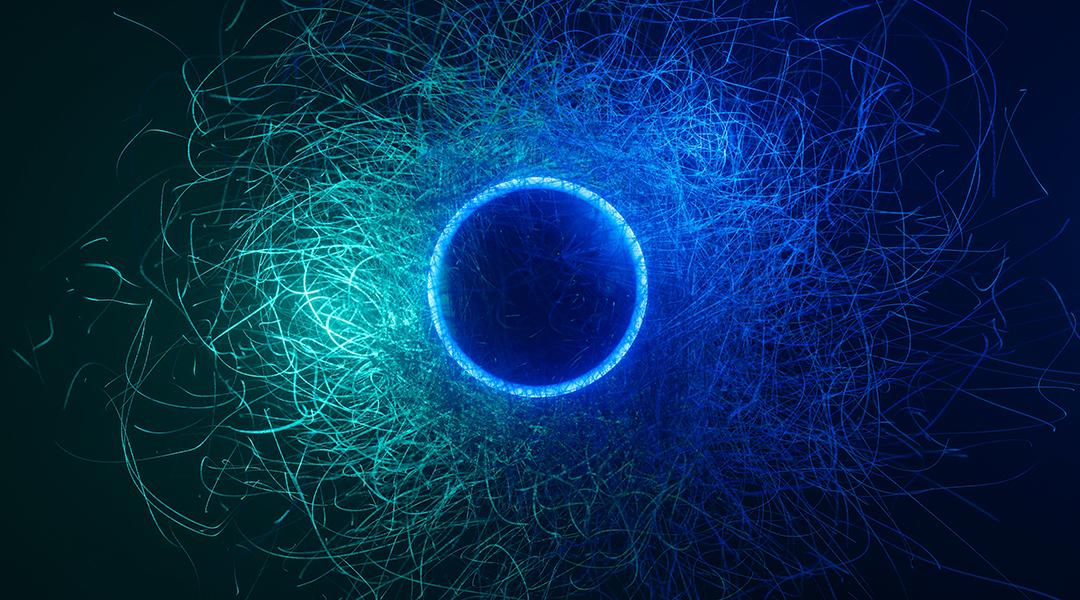
Emergence of classicality states that a quantum description of a large object must be the same as its classical description, but this isn’t always so…
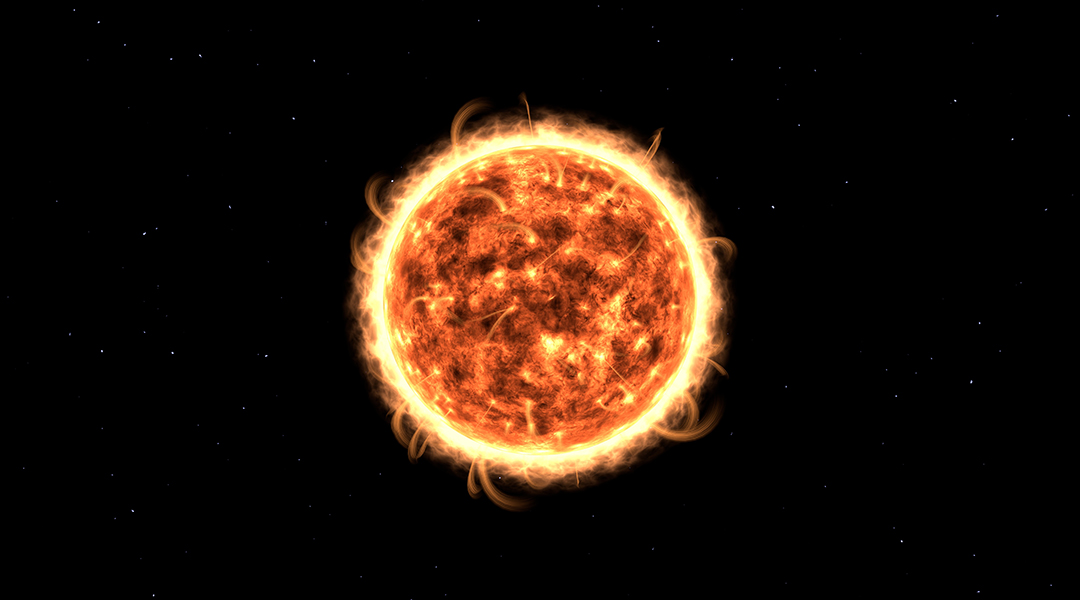
Sending atomic and nuclear clocks into the inner reaches of our solar system could help scientists find proof of elusive dark matter.
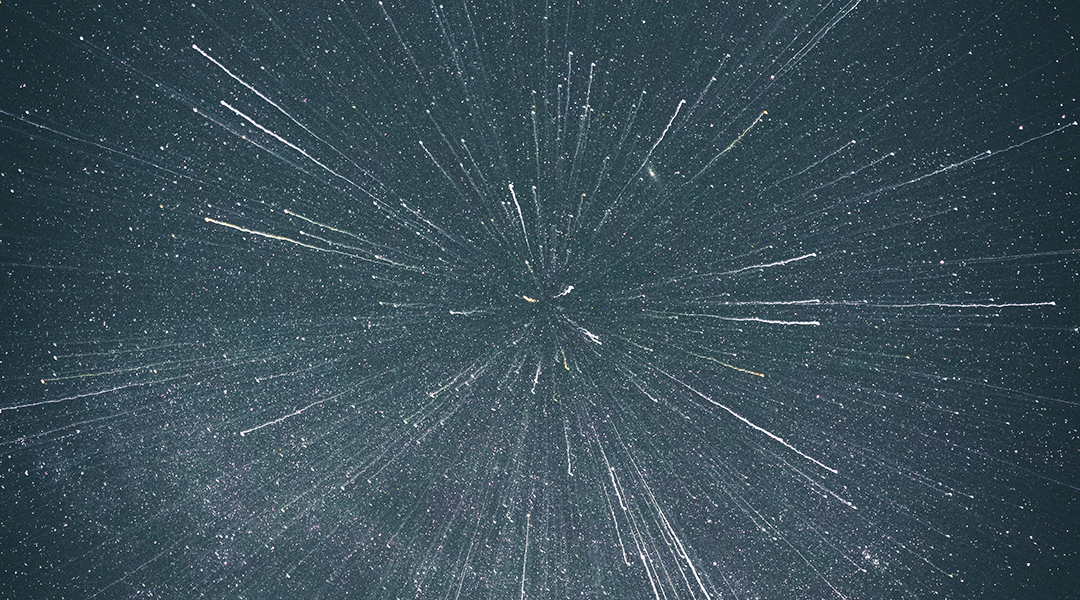
Using the motion of sound waves through a superfluid liquid, scientists can model the Universe’s evolution on a reasonable time scale.
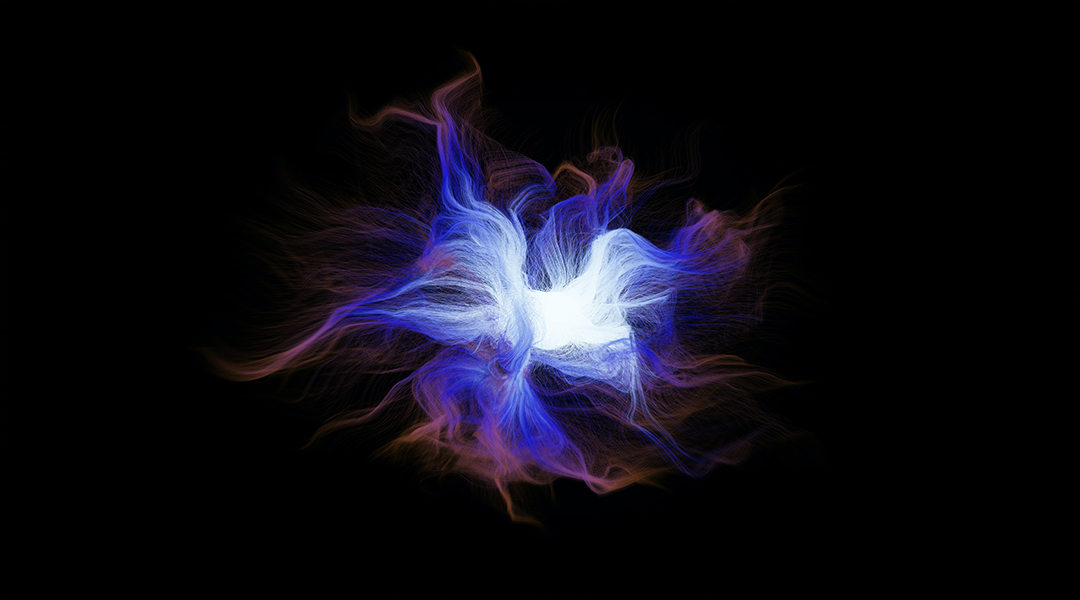
Scientists put chiral perturbation theory to the test with a set of new experiments that have helped define fundamental properties of protons.
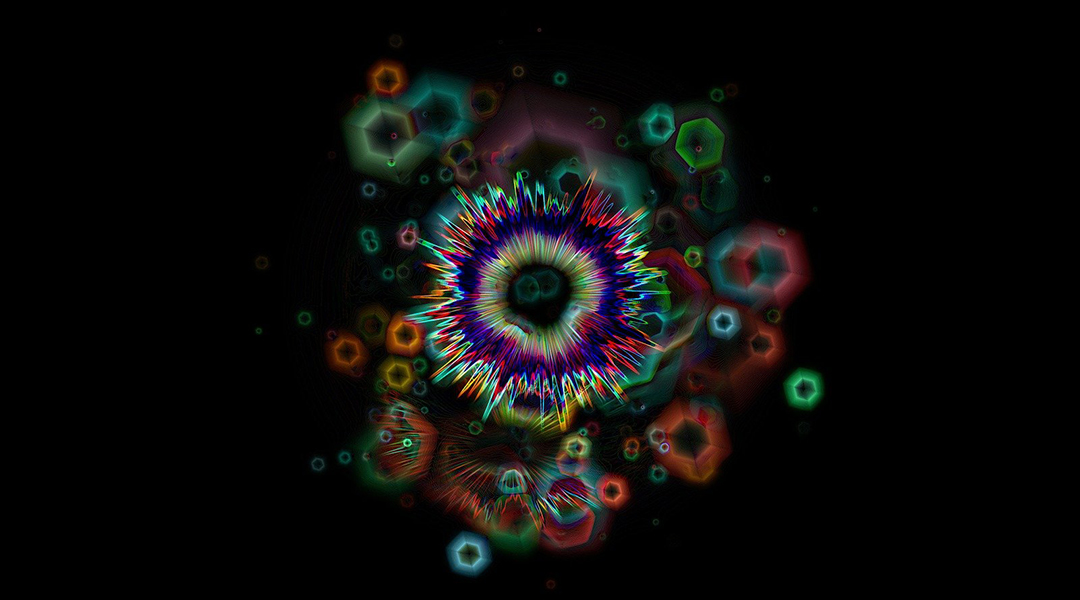
Quantum gravity seeks to describe gravity according to the principles of quantum mechanics, but can it be done?